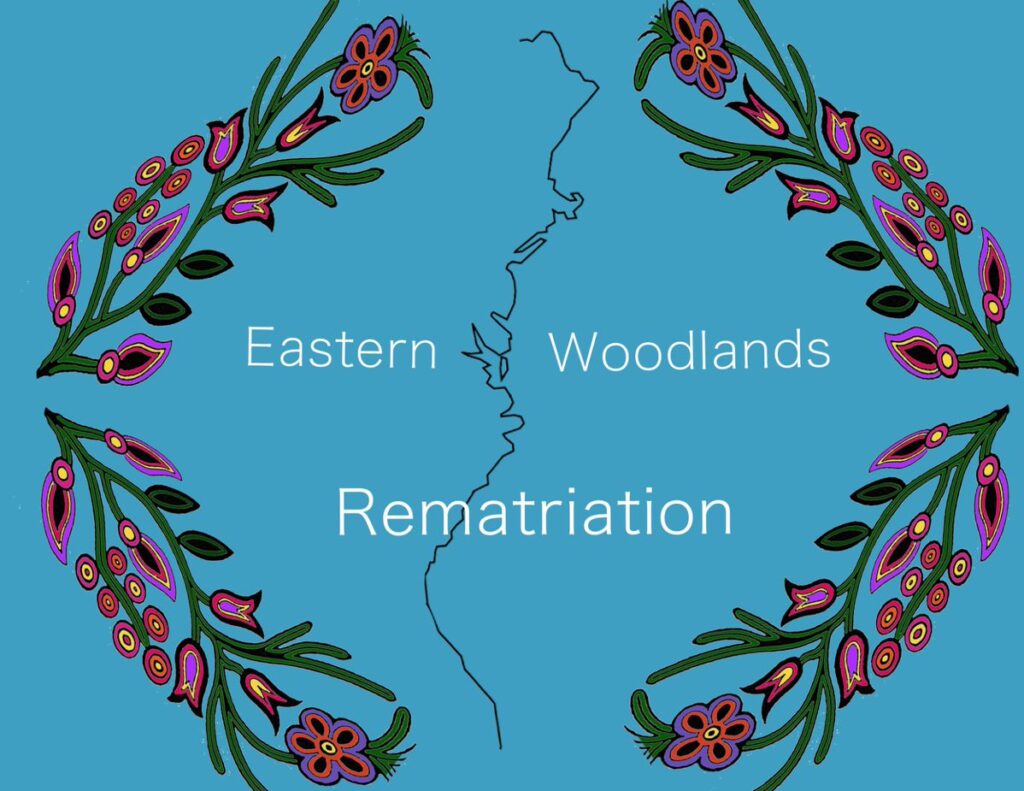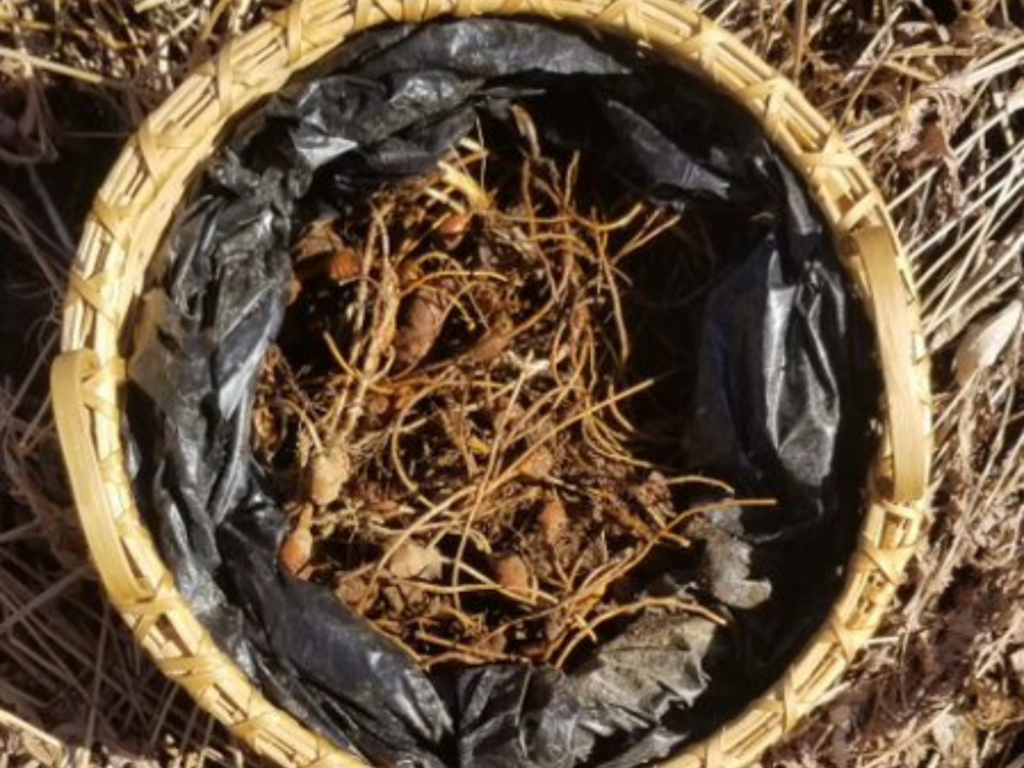What does National Native American Heritage Month mean to your organization and what message would you most like to share during this month of celebration and awareness?
Alivia: Eastern Woodlands Rematriation (EWR) appreciates the opportunity to recognize, celebrate, and uplift Indigenous people. However, the phrase Native American Heritage Month is problematic. We are Native people, not only people with Native heritage. “Heritage” places us in the past, adding to the erasure of Native people in the present. Similarly, there may be people with “native heritage” who are not Native nor connected with a native community. Naming us “Native Americans” is also problematic, as this acts to subvert our distinct tribal nations under colonial governance and identity. We are Bunwupskewi, Mi’kmaq, Nipmuc, Passamaquoddy, Wampanoag, Abenaki, Wolastoqiyik, and Pipil. Thank you for the opportunity to speak on this.
In terms of our organization’s work, we always work hard to feed our people. Native people are here year-round, and we work all year growing, food, wild harvesting, processing, and distributing culturally significant foods. We do this at no cost to tribal families and communities. EWR purchases equipment and tools for shared use. We also develop relationships to expand land and water access throughout traditional territories so that Indigenous food providers are able to feed clean foods to our peoples. November is a natural time of abundance, we follow the lead of the earth as we work to [re]connect with our foodways. This month we are still gathering cranberries, drying blueberries for fruit leather, butchering deer and turkeys together, grinding flint corn and more – all for sharing widely with our kin.
How might the larger community honor and celebrate your work by assisting your efforts?
Alivia: Donations are always welcome. Currently, we are working on the next phase of developing our Wabanaki Rematriation School (WRS). As an intergenerational, culture and land-based school we focus on the rematriation of food and medicine ways. This work includes transferring intergenerational knowledge and traditional skills and establishing relationships to reclaim our Wabanaki food system.
This winter we are planning for the installation of an outdoor kitchen classroom and a children’s play space. We are figuring out our needs for these projects but aim to have a list of specific donations we will be seeking by early spring. If you are interested in donating before we publish that list, you can contact us at WabanakiRematriationSchool@gmail.com or RematriationCollective@gmail.com. We also accept online donations at www.whyhunger.org/ewrematriation.
Please share what you are doing with the CRF grant.
Alivia: The CRF grant has supported several of our Wabanaki-led food projects. These projects uplift Wabanaki providers to grow, gather, and process (can, dehydrate, freeze, smoke, etc.) foods that have been harvested in the spirit of caretaking earth and its beings. This food is then shared back within our communities at no cost.
The grant has also supported our Wabanaki Rematriation School programs which include gathering and sharing traditional foods with our tribal communities and extended kin.
What excites you about the Community Redistribution Fund grant?
Alivia: EWR appreciates that Good Shepherd Food Bank allows funds to both support harm reduction by feeding people immediately, and this grant allows us to address systemic causes of hunger. The Community Redistribution Fund has supported EWR’s efforts to reassert Wabanaki ways of knowing, being and relating to the earth. This lends to improved environmental health and a balanced stewardship of “resources,” which benefits everyone in Wabanaki homelands.
Please share your experience with working with Good Shepherd Food Bank during the grant process.
Alivia: Good Shepherd Food Bank has an expansive understanding about what it looks like to address food insecurity. The Food Bank also acknowledges how grant processes can impact organizations’ capacity on the ground level. When we have to use energy to obtain funds, it takes away energy from working with the earth and our communities. The Food Bank has been very intentional about what you needed from us throughout the CRF process, which we appreciate.
Thank you to co-founder, Alivia Moore.
One of the Food Bank’s core values is inclusion, yet many of our programs have historically excluded the needs of communities of color. We acknowledge this exclusion and are actively working internally and alongside communities of color to source culturally important foods to ensure all communities have the foods they need to thrive. To learn more about the Community Redistribution Fund and awarded grants, you can find more information here.




